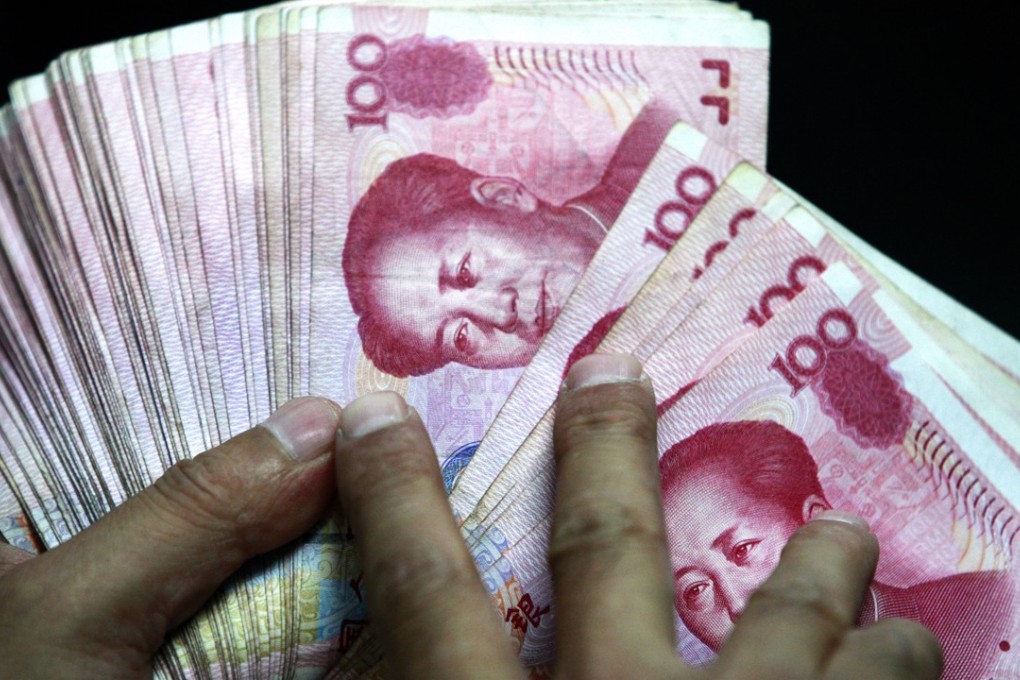Across The Border | Why Beijing’s tight grip on the economy is bad news for the yuan

This year’s rally in the yuan ended last week after the People’s Bank of China scrapped a reserve requirement on a derivative of the currency that was aimed at curbing depreciation.
Nevertheless, market players are confident Beijing will ensure there is no sharp reversal in the yuan’s direction before the 19th National People’s Congress of the Communist Party of China, scheduled to start on October 18.
It could be a very different story once the five-yearly gathering is over, however, according to analysts.
Setting the stage for China’s most important political event, President Xi Jinping said this week that stability was an absolute principle that needs to be dealt with using “strong hands”.
His comments appear to imply that the Communist party intends to keep tight control of the economy’s direction in the coming years as it strives to restructure state-owned enterprises, cut overcapacity and reduce risky borrowing in the shadow banking sector, analysts said.
The state will continue to play a big role in the corporate and financial sector
The composition of the new, top-ranking Central Committee and the Politburo Standing Committee, which will be revealed a week after the gathering, will indicate to what extent Xi may be able to further consolidate his already strong grip on power.
